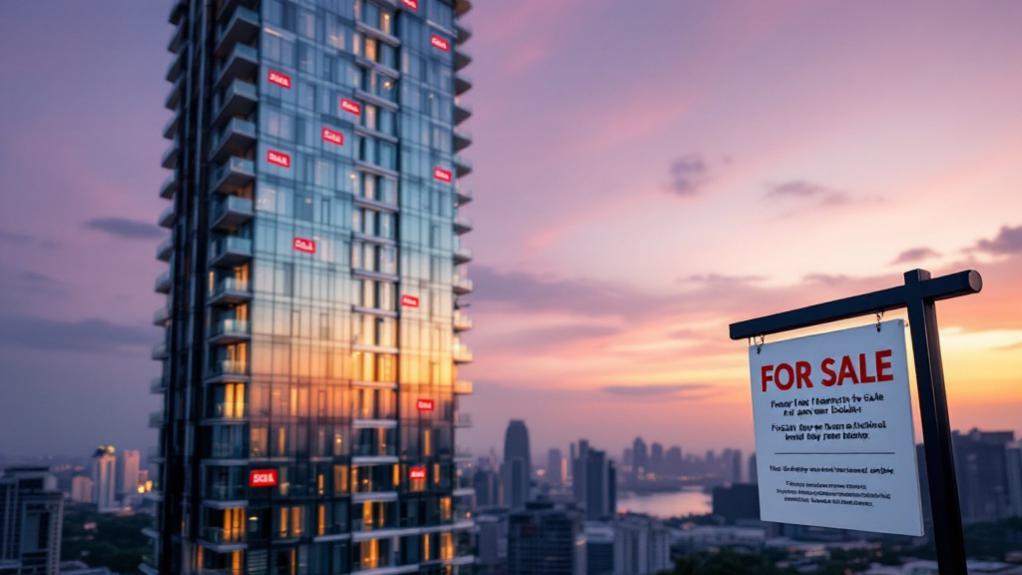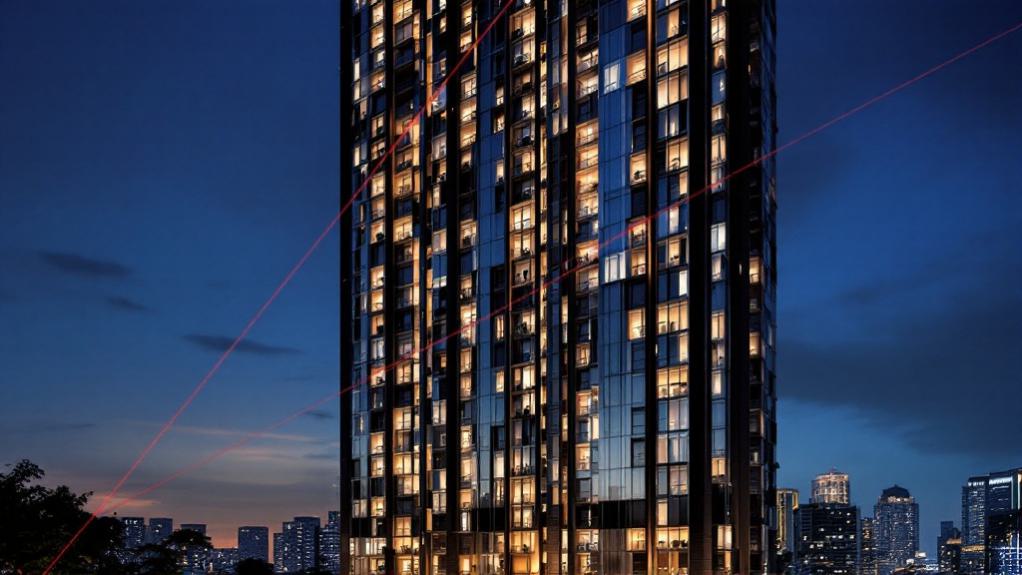Singapore imposes stringent restrictions on foreign property buyers, including a 60% Additional Buyer’s Stamp Duty implemented in April 2023. Non-citizens cannot purchase public housing (HDB flats) or landed properties without special approval, while private condominiums and commercial properties remain accessible without restrictions. These regulations, governed by the Residential Property Act, have reduced foreign participation in residential transactions to approximately 7% in Q1 2023. The extensive regulatory framework reflects Singapore’s prioritization of housing affordability for citizens over international investment interests.

While Singapore maintains its reputation as a global investment hub, the city-state has implemented increasingly stringent restrictions on foreign property ownership to regulate its real estate market and guarantee housing affordability for citizens. The regulatory framework, primarily governed by the Residential Property Act (RPA) and supplemented by Singapore Land Authority regulations, creates a bifurcated market that clearly delineates permissible acquisitions for non-citizens.
Foreign investors maintain unrestricted access to private condominiums, executive condominiums that have crossed the 10-year threshold, and various commercial real estate categories including offices, retail spaces, industrial properties, and hotels registered under the Hotels Act. However, the regulatory environment explicitly prohibits foreign ownership of public housing units (HDB flats), landed properties, non-commercial shophouses, vacant residential land, and association premises without special authorization. Permanent residents are eligible to purchase resale HDB flats if they meet specific criteria established by the Housing Development Board.
Singapore offers foreigners access to condos and commercial properties while strictly prohibiting HDB, landed properties and vacant residential land purchases without approval.
The financial implications for foreign investors have intensified substantially, with the Additional Buyer’s Stamp Duty (ABSD) reaching an unprecedented 60% as of April 2023—a dramatic increase from the previous 30% rate. This non-remittable duty, payable within 14 days of transaction completion, functions as a deliberate market cooling measure that has demonstrably reduced foreign participation to approximately 7% of transactions in Q1 2023. Foreigners married to Singapore citizens without existing property may be exempt from ABSD under specific conditions.
Foreign buyers seeking to acquire restricted properties must navigate a stringent approval process through the Land Dealings Approval Unit (LDAU), which evaluates applications based on exceptional economic contributions and requires a minimum five-year permanent residency status, with approvals granted on a discretionary, case-by-case basis. These applicants must demonstrate their significant economic contribution to Singapore to receive approval for purchasing landed properties.
Financing constraints further complicate foreign acquisitions, with loan-to-value ratios capped at 75%, necessitating minimum cash down payments of 25%, and adherence to a Total Debt Servicing Ratio limit of 55%.
These financing restrictions, coupled with more rigorous credit assessments and income verification requirements, have redirected foreign investment toward commercial properties and luxury market segments, while simultaneously stimulating interest in alternative vehicles such as Real Estate Investment Trusts (REITs) and corporate ownership structures.
Frequently Asked Questions
Can Foreign Buyers Still Invest in Commercial Properties?
Foreign buyers maintain unrestricted access to Singapore’s commercial property sector, which encompasses office spaces, retail units, industrial facilities, hotels, and mixed-use developments.
Unlike residential properties, commercial acquisitions do not require Singapore Land Authority approval nor incur Additional Buyer’s Stamp Duty, though standard Buyer’s Stamp Duty (1-4%) and Goods and Services Tax (8%) apply.
The acquisition process typically spans 8-12 weeks from option to completion, with proper due diligence on zoning regulations being essential.
How Do Foreign Buyer Restrictions Affect Property Prices?
Foreign buyer restrictions generally exert downward pressure on property prices, particularly in the luxury segment, as evidenced by the 3.4% quarter-on-quarter decline in landed properties during Q3 2024.
While the 60% ABSD has reduced foreign purchases to merely 2% of new sales, Singapore’s overall private residential market has demonstrated resilience, with prices still increasing by 4.44% year-on-year.
The restrictions have effectively redirected market focus toward local buyers and PRs, with increased activity in RCR and OCR regions.
Are There Exceptions for Foreign Spouses of Singaporeans?
Foreign spouses of Singaporeans enjoy several exemptions from standard restrictions through schemes like the Non-Citizen Spouse Scheme, which permits purchase of resale HDB flats provided the Singaporean spouse meets age requirements and the foreign spouse holds a valid pass.
While HDB ownership limits foreign spouses to essential occupier status rather than co-ownership, these individuals face fewer barriers in private property acquisition, although the 60% Additional Buyer’s Stamp Duty still applies unless specific remission conditions are met.
What Penalties Exist for Circumventing Foreign Buyer Restrictions?
Penalties for circumventing foreign buyer restrictions include financial sanctions up to S$200,000, an Additional Buyer’s Stamp Duty of 60%, potential imprisonment up to 3 years, nullification of property transactions, and forced property sales within 6 months.
The authorities implement rigorous enforcement measures, including surprise inspections and ownership audits, while regulatory consequences may extend to revocation of permanent residency status, blacklisting from the property market, and mandatory reporting to financial authorities.
How Do Singapore’s Restrictions Compare With Other Asian Countries?
Singapore’s foreign buyer policies are particularly more stringent than its Asian counterparts, with its 60% ABSD far exceeding Hong Kong’s 15-30% duties and Malaysia’s variable thresholds.
Unlike Thailand, which prohibits land ownership but permits condominium purchases, Singapore allows foreigners to buy private condominiums freely while restricting public housing access.
Hong Kong maintains fewer property type restrictions, whereas Malaysia implements minimum purchase thresholds that vary by state, ranging from RM600,000 to RM2 million.





